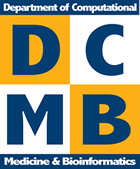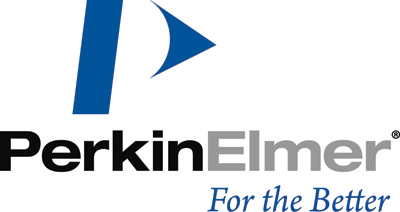NGS Post-Conference Workshop
April 11, 2018
9am - 4pm
Registration is required. Limited capacity.
Registration Fees
- ISCB Member/CRG - € 35
- Nonmember - € 55
Compositionally Appropriate Analysis of Transcriptome, Metagenome, and Microbiome Datasets
Organizers:
Greg Gloor is a Professor of Biochemistry at The University of Western Ontario. He is one of the pioneers in using compositional data analysis to analyze HTS datasets. He is the maintainer of the ALDEx2 R package on Bioconductor used for differential relative abundance analysis. He has published original research, methods papers, and reviews that use compositional data analysis methods to interpret HTS datasets using transcriptome, microbiome and meta-transcriptome datasets (Bian et al.; Fernandes et al., 2013, 2014; Gloor and Reid, 2016; Gloor et al., 2016a, 2017, 2016b, 2016c; Goneau et al., 2015; Macklaim et al., 2013; McMillan et al., 2015; Wolfs et al., 2016). He has taught undergraduate and graduate courses in computational biology for almost two decades, and has won awards from both student groups and faculty-wide competitions.
Ionas Erb is a PDF and Bioinformatician at the Centre for Genomic Regulation in Barcelona. He is an active developer of tools to determine compositional association and is a contributor to the propr R package on CRAN used to explore correlation in a compositionally appropriate manner (Erb and Notredame, 2016; Erb et al., 2017; Quinn et al., 2017a).
Description:
There is increasing awareness that datasets generated by high throughput sequencing are compositional leading to both false positive and false negative inference. This workshop will show the dangers of ignoring the compositional nature of the data, and provide appropriate tools for compositional analysis at all stages of analysis. We will teach participants the toolset needed to conduct exploratory data analysis (biplots and clustering), correlation (propr) and differential relative abundance (ALDEx2) in a compositionally appropriate manner.
Learning Objectives:
1) Be able to identify when biological datasets are compositional, and understand the root problems that cause problems when interrogating compositional datasets.
2) Understand why HTS data should be analyzed in a compositionally-appropriate framework.
3) Know how to install, use and interpret the output from the basic HTS compositional toolkit that consists of compositional biplots, the propr R package and the ALDEx2 R package.
4) Have a frame of reference for more complex compositional tools such as philr and concepts such as b-association and balance dendrograms.
Audience Level:
The intended audience for this session is bioinformaticians or computational biologists who use high throughput sequencing with experimental designs that include tag sequencing (eg. 16S rRNA gene sequencing), metagenomics, transcriptomics or meta-transcriptomics.
This is not intended to be an introduction to R for bioinformaticians: attendees should be relatively proficient with R, either using RStudio, or on the command line and should have a plain text editor available. Attendees will use R markdown documents to keep track of their work, and templates will be provided for use. Attendees will be expected to have a laptop with R installed and the following packages and their dependencies: propr (CRAN), ALDEx2 (Bioconductor), omicplotR (Bioconductor), zCompositions (CRAN). Attendees are encouraged to bring their own datasets for analysis, but should be aware that only pairwise (i.e., two condition) experiments will be demonstrated.
Compositional concepts will be at an introductoryintermediate level suitable for participants of any background, but will be more intuitive to those with a grounding in probability and linear algebra.
The practical aspects will be at an intermediate level, suitable for participants with pre-exisiting competency in R.
Attendance should be capped at approximately 40 participants.
ATTENDEES MUST BRING THEIR OWN LAPTOP.





